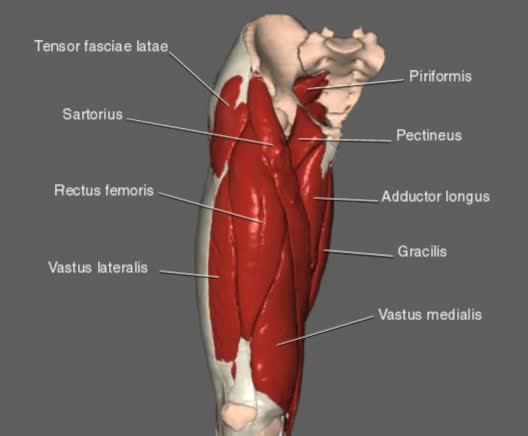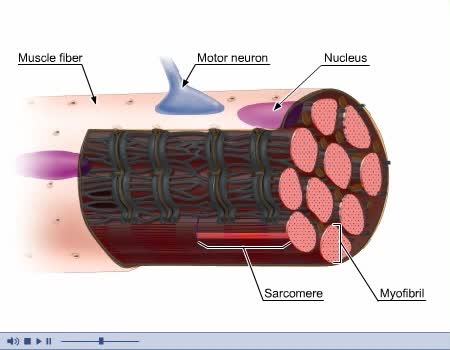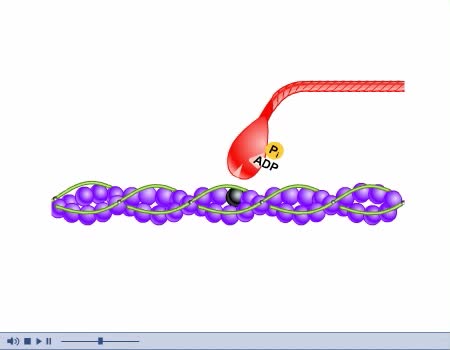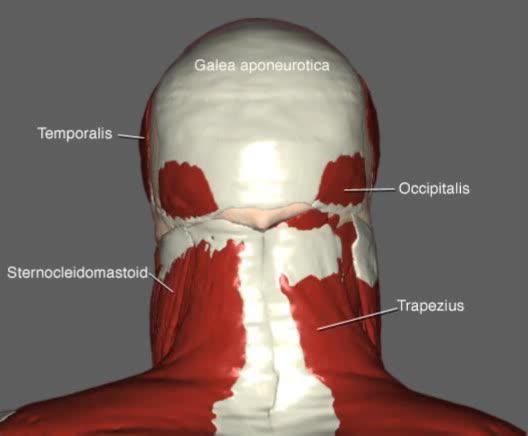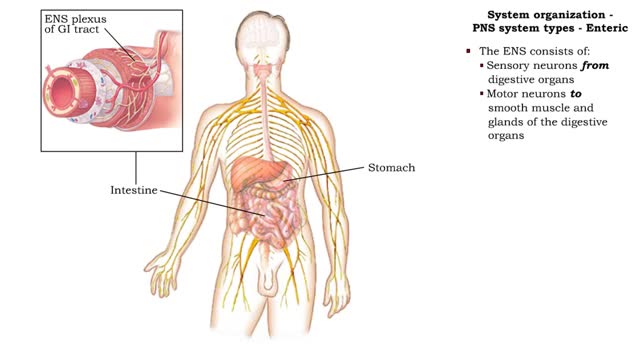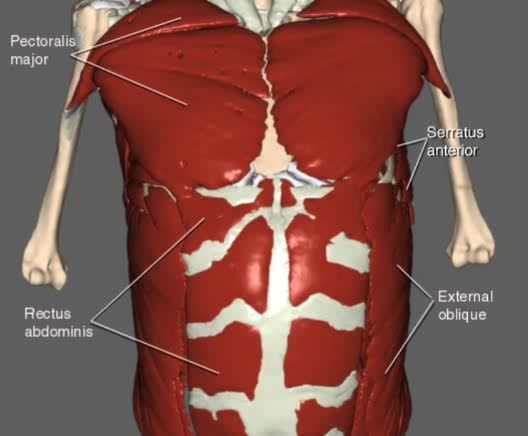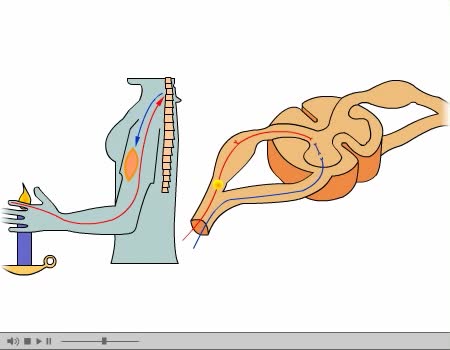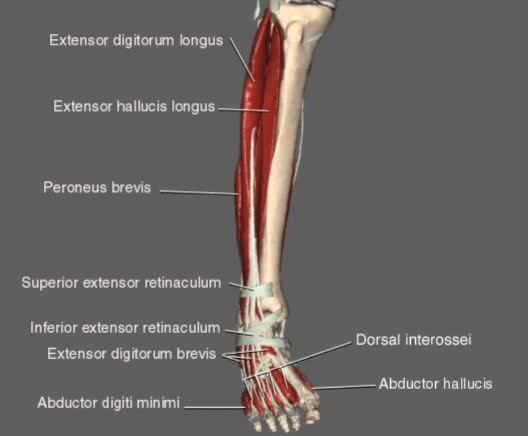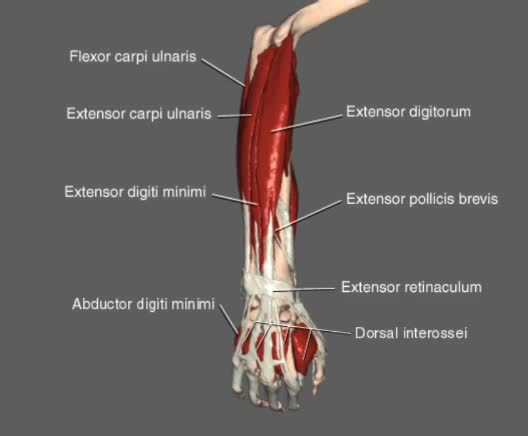Search Results
Results for: 'Types of muscles'
Hip and Thigh Movement Animation
By: Administrator, Views: 468
- The 3 hamstring muscles (biceps femoris, semimembranosus and semitendinosus) – these muscles form most of the flesh of the back of the thigh; they flex the knee and extend the hip; - Gluteus maximus muscle (buttock); and, - Gracilis, sartorius and plantaris muscles.
By: Administrator, Views: 14537
Three basic types of muscles: - Skeletal - Smooth - Cardiac Composed of striated or smooth muscle tissue and classified according to their functions and appearance. Skeletal Muscle: - Also known as voluntary or striated muscle. - Controlled by the conscious part of the brain and attach...
Contraction and Relaxation Animation
By: Administrator, Views: 14644
Muscles are responsible for movement. The types of movement are: - Locomotion, when chemical energy is changed into mechanical energy. - Propulsion of substances through tubes, as in circulation and digestion. - Changes in the sizes of openings, as in the contraction and relaxation of the iris...
Head and Neck Movement Animation
By: Administrator, Views: 455
Interestingly, head and neck muscles are the first ones that the baby can control. A baby can hold his head up before he can sit erect. The muscles of the head and neck perform many important tasks, including movement of the head and neck, chewing and swallowing, speech, facial expressions, an...
System organization - PPM system types (Somatic, Autonomic & Enteric) and Reflex arc types
By: HWC, Views: 11911
• The PNS consists of all nervous tissue outside of the CNS. • It is divided into three functional components: • Somatic nervous system (SNS) • Autonomic nervous system (ANS) • Enteric nervous system (ENS) • The SNS consists of: • Sensory neurons from skeletal muscles ...
By: Administrator, Views: 623
Muscles responsible for trunk and abdominal movement.
By: Administrator, Views: 14897
A reflex arc is a neural pathway that controls a reflex. In vertebrates, most sensory neurons do not pass directly into the brain, but synapse in the spinal cord. This allows for faster reflex actions to occur by activating spinal motor neurons without the delay of routing signals through the bra...
By: Administrator, Views: 505
This animation shows a list of muscles found in the leg used for movement
By: Administrator, Views: 504
Muscles of both the upper arm and forearm control movement of the forearm. The biceps brachii flex the forearm and work with the supinator of the forearm to rotate it so the palm faces upward. The pronator teres and quadratus control pronation, or rotation of the forearm so that the palm faces do...
Advertisement



